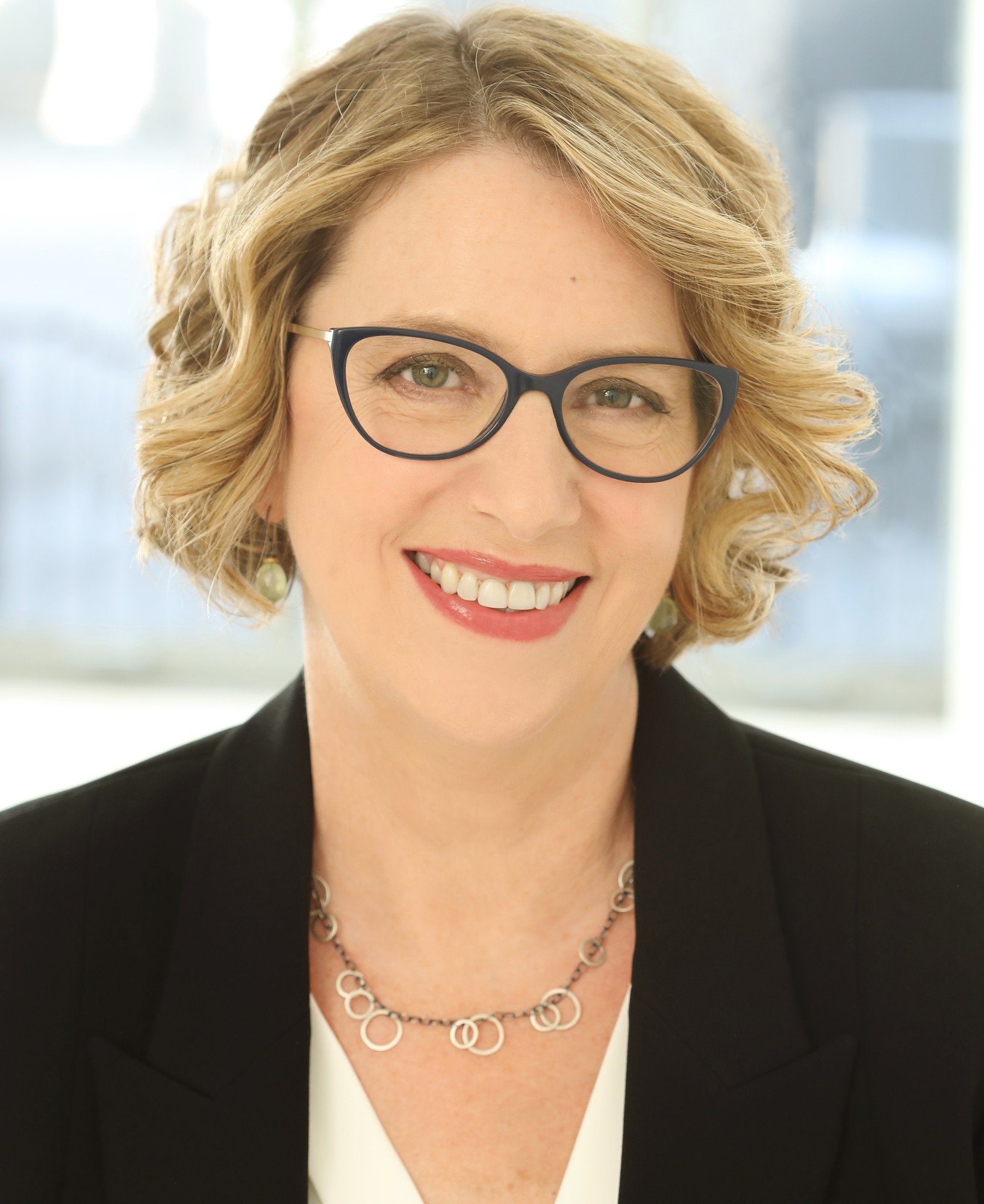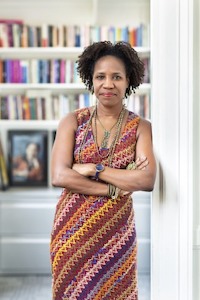
From the Director
As we entered an uncertain year marked by an ongoing sense of crisis, one key concern was how we would sustain connection and community in the absence of in-person convenings and the collaborative energies of our research and teaching initiatives. The Cogut Institute’s role on campus is to serve as a dynamic locus of activity, a “hub,” for programming, cross-disciplinary research, and curricular innovation. What would all of this translate into when conducted in an exclusively remote format? And how would we respond effectively to the urgent challenges facing our communities and our world — the pandemic, the ongoing struggles for racial and social justice, and the climate emergency — when our means of connecting seemed so limited?

